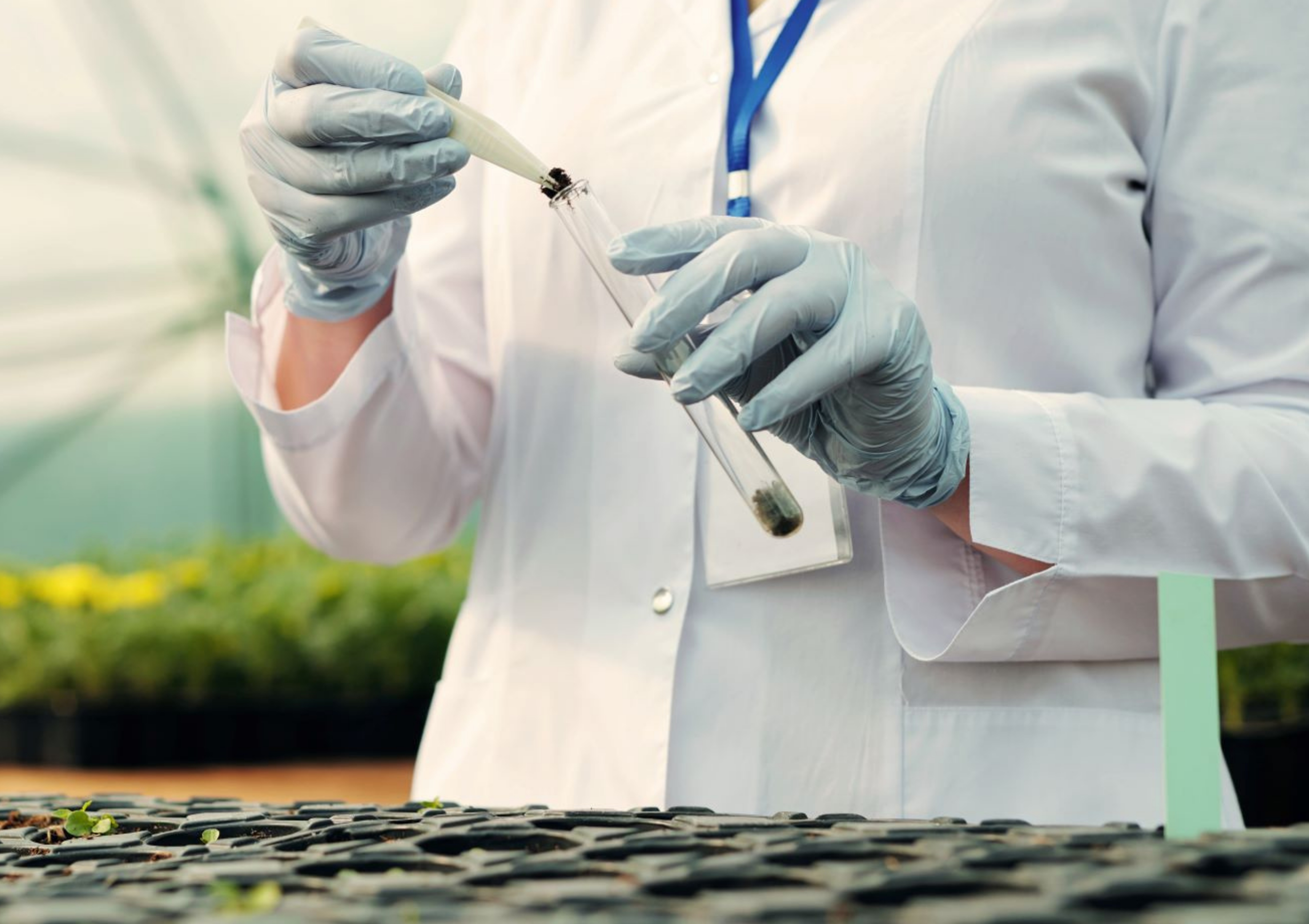The Enlarged Board of Appeal of the European Patent Office has issued a landmark decision (G1/23) significantly altering the interpretation of what constitutes prior art.
The Board has ruled that any product made available to the public before the filing date of a European patent application can form part of the state of the art even if the composition or internal structure of the product could not have been analysed and reproduced by a skilled person at that time.
The implications of the decision are considerable.
Firstly, it significantly broadens the scope of prior art. Any product that was made commercially available before the filing date of a patent application may now be cited against it, regardless of whether its composition or internal structure were publicly known or could be reproduced. This development increases the risk that pending patent applications may be refused and that granted patents may be invalidated, particularly in technical fields where applicants have historically relied on the challenges or impracticalities of reverse engineering to preserve novelty.
Secondly, the ruling brings European patent law more closely into line with practice in the United States (the so-called “on-sale bar”), which also treats commercially available products as prior art, irrespective of whether they can be reproduced. While this alignment may simplify global patent strategies, it also raises the bar for securing valid patent protection in Europe. Notably, an important distinction remains; while the United States Patent and Trademark Office allows inventors a one-year grace period after publicly disclosing their invention to still file a valid patent application, the European Patent Office does not.
From a strategic perspective, the decision highlights the importance of timing. Businesses must now exercise greater caution when launching products and producing technical brochures, ensuring that a patent application is filed before any commercial release.
Given the increased risk that commercially available products could be cited as prior art, some businesses may find trade secrets a more attractive option for protecting certain innovations. While trade secrets do not offer the same legal exclusivity as patents, they avoid the disclosure requirements of the patent system and remain enforceable as long as confidentiality is maintained. Additionally, the risk of third parties independently filing patents on the same subject matter may now be reduced, as such filings could be more easily challenged based on prior commercial availability.
Patent applicants should carefully review their filing strategies in light of this decision, to avoid inadvertent disclosures that could compromise the novelty or inventiveness of their inventions.




















.avif)






.jpg)
%20(1).jpg)

